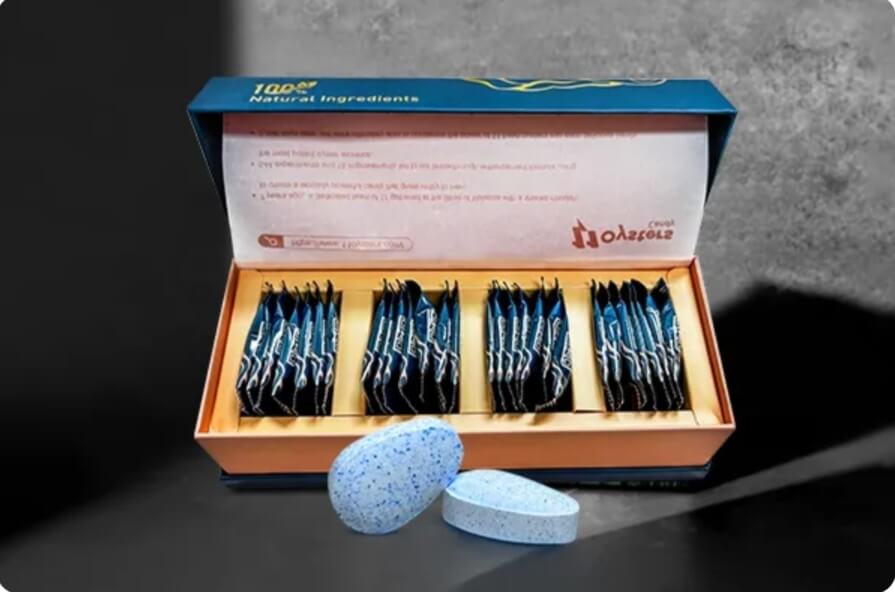Living with a chronic health condition can be challenging, but with the right knowledge, support, and proactive approach, it’s possible to lead a fulfilling life. Two prevalent chronic conditions that affect millions worldwide are diabetes and high blood pressure. Both conditions require ongoing management and lifestyle adjustments to minimize their impact on our health. In this blog post, we will explore effective strategies for managing diabetes and high blood pressure, enabling individuals to take control of their health and well-being.
Understanding Diabetes:
Diabetes is a chronic metabolic disorder characterized by high blood sugar levels. It occurs when the body either doesn’t produce enough insulin or cannot effectively utilize the insulin it produces. To effectively manage diabetes, individuals must adopt a comprehensive approach that includes dietary changes, regular physical activity, monitoring blood sugar levels, and medication as prescribed by healthcare professionals.
Balanced Diet:
A well-balanced diet is crucial for individuals with diabetes. Focus on consuming nutrient-dense foods, such as whole grains, lean proteins, fruits, and vegetables. Limit your intake of refined sugars, saturated fats, and processed foods. Portion control and mindful eating are key components of managing diabetes effectively.
Regular Exercise:
Engaging in regular physical activity helps regulate blood sugar levels and improve insulin sensitivity. Aim for at least 150 minutes of moderate-intensity aerobic exercise per week, along with strength training exercises to build muscle mass. Consult your healthcare provider before starting any exercise program.
Blood Sugar Monitoring:
Regular monitoring of blood sugar levels is essential for diabetes management. Use a glucose meter to track your levels and identify patterns. This information will enable you to make necessary adjustments to your diet, exercise routine, and medication regimen as required.
Medication Adherence:
If prescribed medication by your healthcare provider, it’s crucial to take it as directed. Adherence to medication can help control blood sugar levels and prevent complications. Discuss any concerns or side effects with your healthcare provider promptly.
Understanding High Blood Pressure:
High blood pressure, or hypertension, occurs when the force of blood against the artery walls is consistently too high. It is often referred to as a “silent killer” as it typically has no symptoms but can lead to severe health complications if left unmanaged. Effective management of high blood pressure involves lifestyle modifications and, in some cases, medication.
Healthy Eating:
Adopt a heart-healthy diet that emphasizes fruits, vegetables, whole grains, lean proteins, and low-fat dairy products. Limit sodium intake by avoiding processed foods and using herbs and spices to flavor meals instead of salt. Incorporate foods rich in potassium, such as bananas and leafy greens.
Regular Physical Activity:
Engage in regular aerobic exercise, such as brisk walking, cycling, or swimming, for at least 150 minutes per week. Physical activity helps lower blood pressure, improves cardiovascular health, and aids in weight management.
Stress Reduction:
Chronic stress can contribute to high blood pressure. Incorporate stress-reducing techniques into your daily routine, such as meditation, deep breathing exercises, yoga, or engaging in hobbies that bring you joy. Prioritize self-care and create a supportive environment.
Medication Compliance:
If prescribed medication, take it as directed by your healthcare provider. Blood pressure medication may be necessary to control hypertension effectively. Regularly monitor your blood pressure at home and follow up with your healthcare provider to ensure your treatment plan is effective.
Conclusion:
Managing chronic health conditions like diabetes and high blood pressure requires dedication, discipline, and a proactive approach to self-care. By adopting a healthy lifestyle, closely monitoring your condition, adhering to medication, and seeking support from healthcare professionals, you can take control of your health and minimize the impact of these conditions on your daily life. Remember, small changes can lead to significant improvements over time, allowing you to lead a fulfilling and healthy life despite the challenges posed by chronic health conditions.





